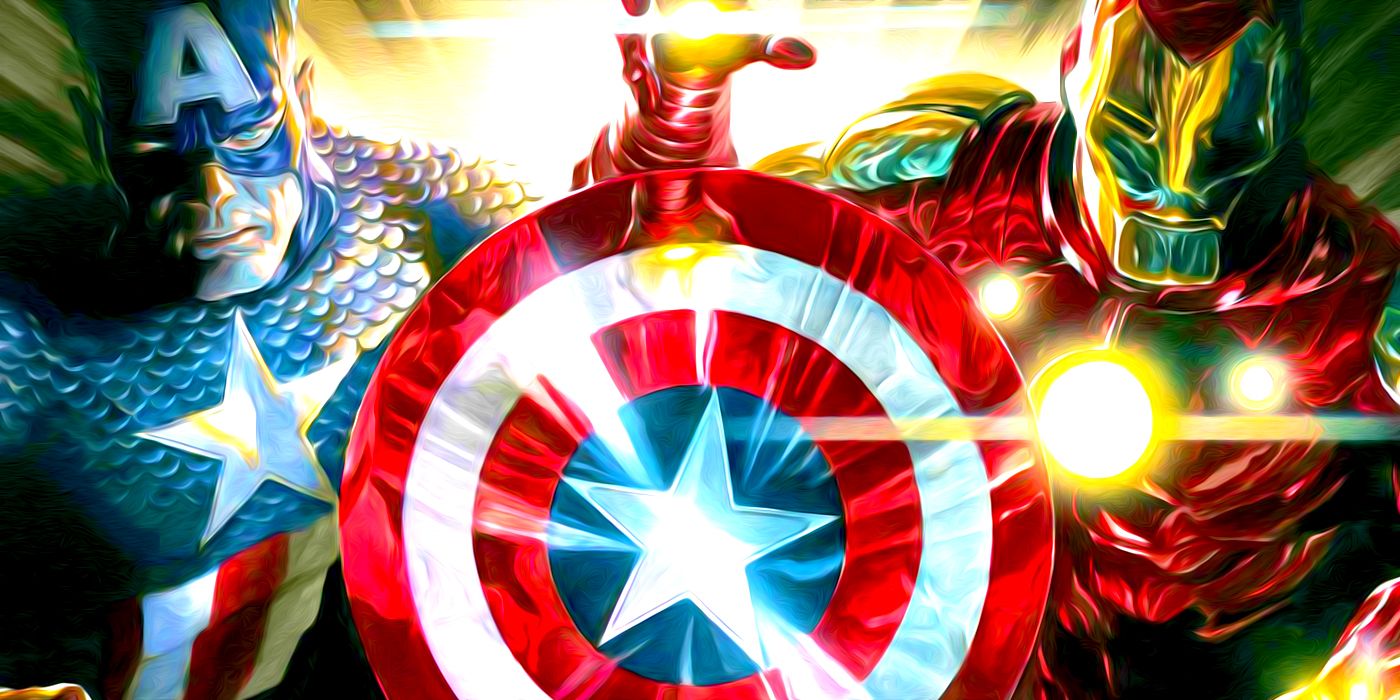Despite its best intentions, SHIELD almost always becomes the world’s greatest security threat. Here’s why.
Since its introduction in strange tales #135 (by Stan Lee, Jack Kirby, Dick Ayers, and Artie Simek), the international intelligence agency SHIELD, aka Strategic Homeland Intervention, Enforcement, and Logistics Division, has played a pivotal role in protecting the Marvel Universe. However, while SHIELD has saved countless lives and been one of the superhero community’s greatest allies, the agency is far from perfect. Whether the direct result of agency overzealousness or the indirect results of a well-meaning operation, SHIELD has been responsible for many high-profile incidents that have threatened the security of the world they swear to protect.
Many of SHIELD’s greatest failures can be directly traced to the agency’s director, who wields absolute power over the organization. Over the years, many characters have led SHIELD, and even the best of them made one or more terrible decisions that ended up endangering the world. The lesson Captain America/Iron Man Derek Landy and Angel Unzueta’s series has cast a harsh and scathing light on SHIELD’s legacy by raising the ghosts of the two heroes’ disastrous tenures as the agency’s director and asking the very poignant question of whether the world is better off or not without the recently- disbanded organization.
When the Superhuman Registration Act was enacted following the destruction of Stamford, Connecticut, Iron Man became its most ardent supporter within the superhero community, ultimately leading the Pro-Registration movement to victory. against anti-recording resistance during Civil war. Following this success, the President of the United States appointed Iron Man as Director of S.H.I.E.L.D., allowing him to establish the 50 State Initiative, which established a team of superheroes in each state. Unfortunately, Iron Man’s faith in the Superhuman Registration Act quickly turned to fanaticism, and his persecution of heroes who refused to follow him allowed shapeshifting Skrulls to infiltrate SHIELD and incite Secret Invasion. Thoroughly dishonored by his inability to prevent the invasion, Iron Man lost his position to Norman Osborn, who quickly used the 5o-State initiative to further his power and influence.
After the fall of Osborn, Captain America stepped in to help rebuild SHIELD, but he would not become its director until the end of Avengers: Showdown!. Following the discovery that then-director Maria Hill had used a sentient cosmic cube named Kobik to brainwash villains into believing they were helpless residents of the small town of Pleasant Hills, the so -calling incorruptible Captain America was offered his job. However, the Red Skull had secretly manipulated Kobik into replacing the original Captain America with a fascist doppelganger loyal to Hydra, who used his influence to turn the United States into a dictatorship during secret empire. Although the original Captain America eventually returned and overthrew his twisted counterpart, the crimes committed by “Hydra-Cap” left his reputation deeply tarnished.
Although many years have passed since they were removed from office, Captain America/Iron Man shows that the two heroes’ actions as directors of SHIELD still put people’s lives at risk, with a reborn Hydra finding a powerful recruit in Fifty-One, a former member of the 50-State Initiative. This situation is just one of the many times a SHIELD director’s choices have had horrific consequences. Nick Fury’s unauthorized invasion of Latvia during secret war led to a brutal counter-invasion that devastated New York City, and Maria Hill committed countless human rights abuses while creating Pleasant Hills. Even Daisy Johnson, who was chosen to lead SHIELD by Captain America, ultimately abused her authority by ordering the assassination of the Scientist Supreme.
Despite their best intentions, the various directors of SHIELD have often done more harm than good, and their failures serve as examples of the flaws inherent in SHIELD since its inception. As an international law enforcement agency, SHIELD was allowed to operate with little or no oversight, and its seemingly limitless resources gave the organization’s leaders the power to do almost anything they wanted. Without having to respond to or interact with the people they are meant to serve, it’s only natural for SHIELD leaders to detach themselves from the consequences their actions may have. In fact, the organization’s service for the “greater good” has actively encouraged this kind of thinking.
Faced with the responsibility of protecting the entire world, even heroes like Captain America and Iron Man slipped into an “ends justify the means” mindset that blinded them to the more subtle consequences of their decisions, and those small trade-offs eventually accumulated until they outweighed all that was good. they accomplished.
Since its dissolution following secret empire, SHIELD has stayed away from the Marvel Universe, and maybe that’s ultimately for the best. Despite its best intentions, SHIELD almost always ended up becoming the world’s greatest security threat.
About the Author

